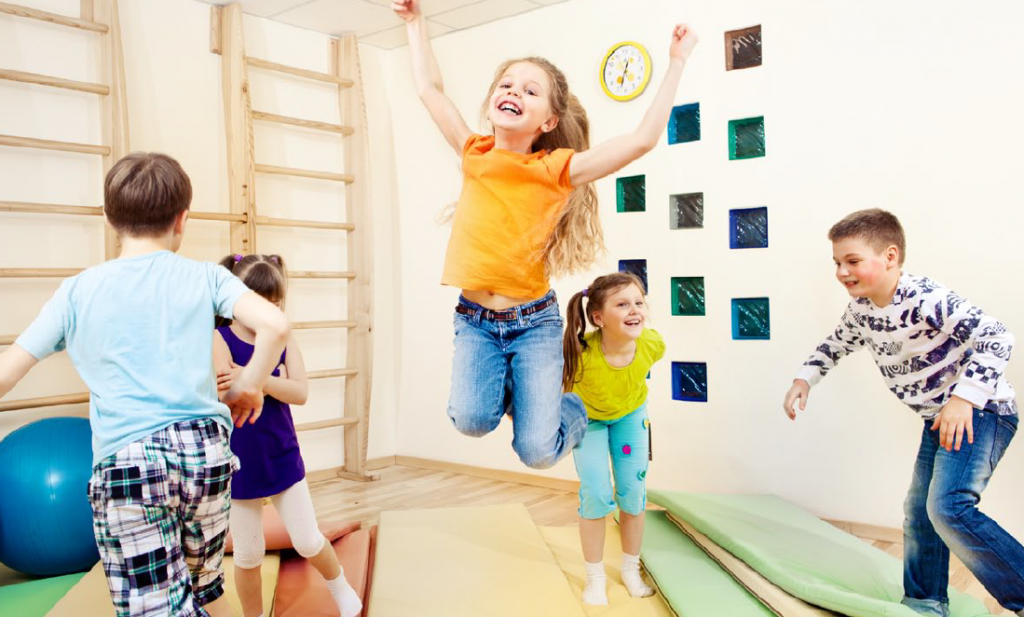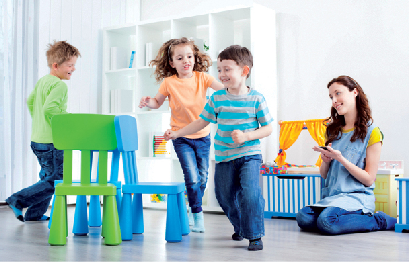
The current EYFS supports a play-based pedagogic approach and advocates the centrality of the Characteristics of Effective Learning (CoEL) which are fundamental to the development of every child as a lifelong learner.
It acknowledges that it is an early years practitioner’s responsibility to support the development of these skills during the crucial formative years from birth to five. Research has shown that it is these skills that make a difference to children’s long-term outcomes and to their ability to become happy, resourceful and resilient adults.
The Characteristics of Effective Learning and the Prime and Specific Areas of Learning and Development are all interconnected. The Characteristics focus on how children learn rather than what they learn. This distinction is important as it highlights the process of learning for young children. To these aspects of development we would add Emotional Wellbeing as providing a bedrock for a child’s healthy progress. The CoEL include:
- Playing and Exploring (engagement)
- Active Learning (motivation)
- Creativity and Critical Thinking (thinking)
However, increasingly as children move towards Year 1, other more formal and outcome-based pedagogic approaches are becoming evident, as pressures mount to ensure children are school ready and to secure more congruence between Year 1 and Reception Year practice. The recent Ofsted Report, ‘Bold Beginnings’ (Ofsted, 2017), exemplifies this drift towards formalisation and further undermines the EYFS statutory guidance for teaching and learning in Reception classes.
This shift in practice away from that recommended in the EYFS can include the introduction of a systematic programme for phonics teaching and the delivery of the National Literacy and Numeracy Strategies in the Reception year.

However, recent evidence on the value of play-based, more relational approaches for children from 3-6 years in securing long-term outcomes in all areas of learning may be challenging this current direction of travel. Emerging developmental evidence reveals that an ‘earlier is better’, more formal, didactic approach may be misguided and will not make a difference in the long term. In contrast to the focus on early, didactic instruction, current research into early emotional and cognitive development suggests that long-term well-being and success at school may be more dependent on children developing executive functioning and self-regulation abilities, and exercising autonomy in their learning. The evidence sharply indicates that play and participatory approaches should be seen as key vehicles for learning throughout the early years.